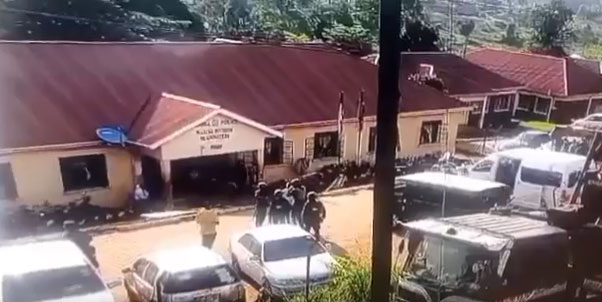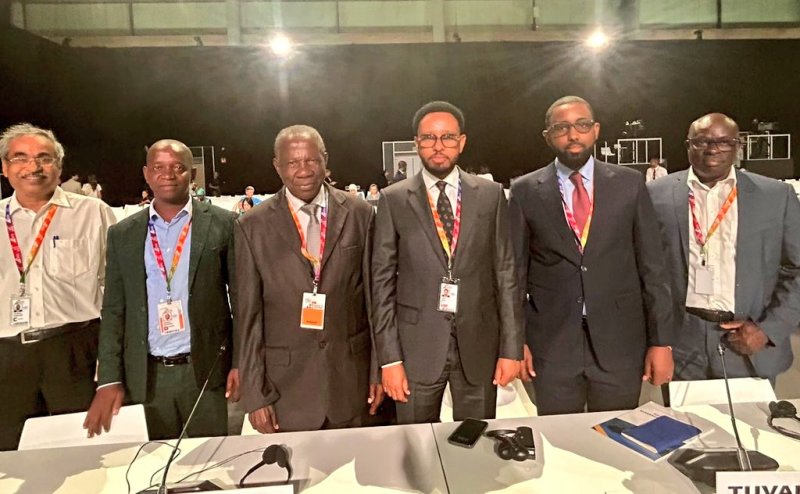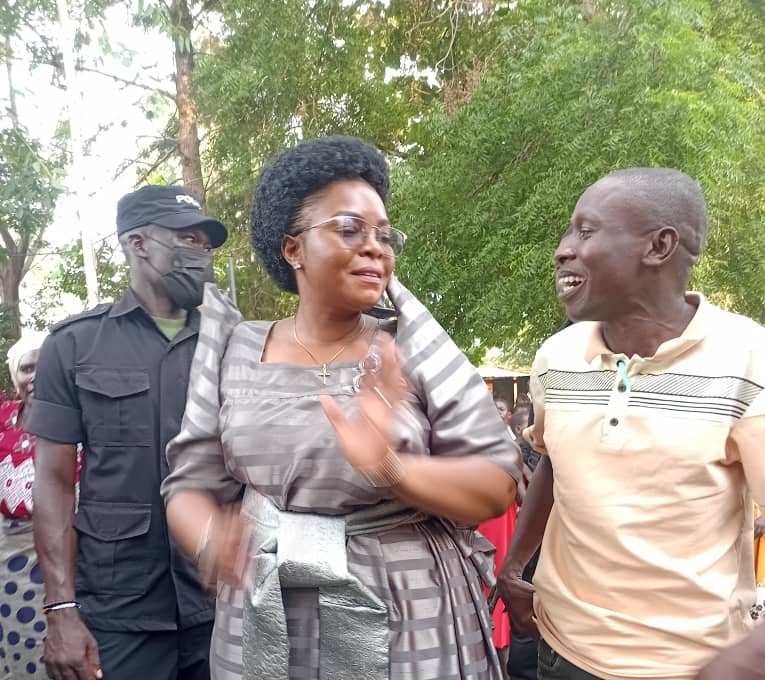Who is commanding UPDF attacks on police?
On June 2, 2025, thirteen armed soldiers, allegedly from the Presidential Taskforce on Land Matters, stormed Wakiso Police Division in a bid to force the police to execute an eviction.

Uganda’s security architecture is once again under scrutiny following yet another violent confrontation between the Uganda People’s Defence Forces (UPDF) and the Uganda Police Force, this time over a land matter in Wakiso District.
On June 2, 2025, thirteen armed soldiers, allegedly from the Presidential Taskforce on Land Matters, stormed Wakiso Police Division in a bid to force the police to execute an eviction. They arrived in a green minibus and a Toyota Noah, demanding that the Division Police Commander (DPC) support an eviction operation that lacked a court order or clearance from the District Security Committee.
“When the DPC stood her ground, refusing to act unlawfully, the confrontation escalated. Shots were exchanged. Officers were threatened. The military men fled only to be later apprehended in Yesu Amala by a joint team of UPDF and Kampala Metropolitan Police,” read part of a statement from Uganda police.
Additionally, the statement released by police headquarters, also revealed that the arrested soldiers are now in custody pending disciplinary action.
This is not an isolated incident.
Only a month ago, on May 1, a similarly disturbing event unfolded at Lubowa Police Station. Lt. Samson Amo of the Special Forces Command (SFC), alongside twelve other UPDF soldiers, launched a coordinated assault on the station.
The armed men reportedly beat up the station commander ASP Innocent Sunday and four other officers, including IP Claire Kisa and Sgt Kabaho. Civilians at the station were not spared. Eight suspects, whose detention Lt. Amo had demanded without justification, and was also beaten, six of them severely enough to be admitted to hospital.
According to a report by Kajjansi DPC Salama Namutosi, the attack was triggered after ASP Sunday questioned the legitimacy of Lt. Amo’s arrest order. Rather than clarify the matter, Lt. Amo allegedly hurled insults and brought in a dozen armed men to surround and terrorize the station.
With two shocking incidents in a span of just one month, Ugandans are left wondering: Who is really commanding these rogue operations?
Are these soldiers acting on personal vendettas or private orders masked in the guise of state duty? Is there a breakdown in discipline within elite military units like the SFC and the Presidential Taskforce? Or worse could these assaults reflect a hidden power struggle between institutions that are supposed to uphold law and order together?
These aren’t minor altercations. They are violent, coordinated attacks by armed military personnel on police institutions suggesting a dangerous erosion of inter-agency trust. It is also troubling that in both cases, the military officers tried to bypass legal procedures, opting for brute force instead of lawful protocol.
The UPDF leadership has remained largely silent on the deeper implications of these events. Meanwhile, police sources have confirmed that both cases are under investigation, and disciplinary measures are underway. But for many citizens, disciplinary action isn’t enough, they want transparency, accountability, and most importantly, answers.
Until the command structures behind these attacks are uncovered and held accountable, a lingering question remains: How safe is the average Ugandan if the armed forces can turn their guns on each other with impunity?







